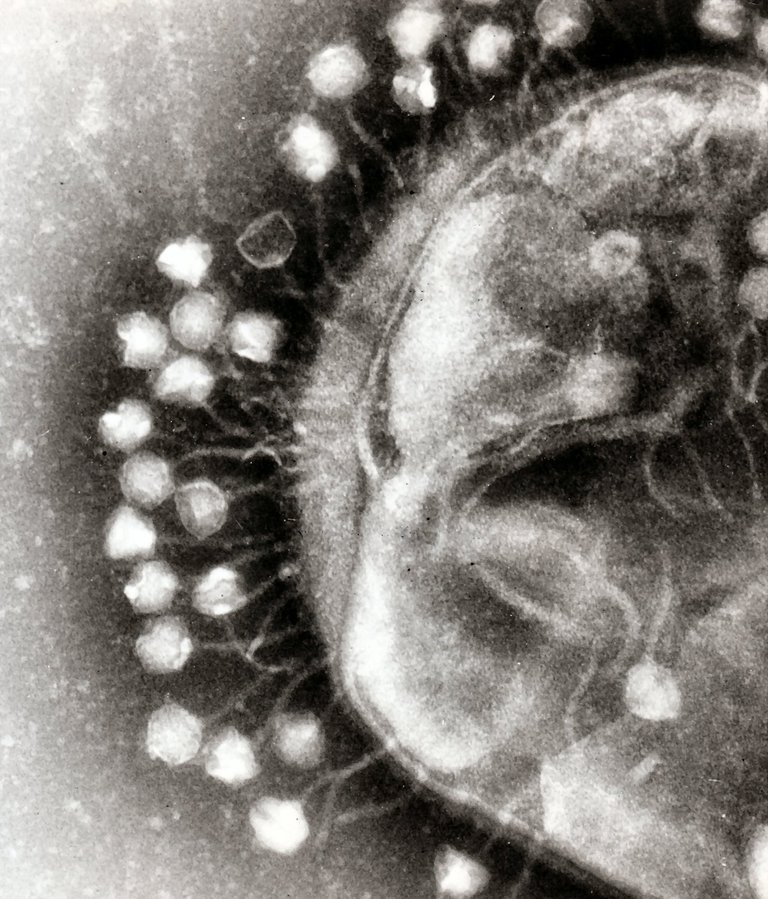The mucosal viruses on the first line of the wall to protect themselves from infections

Researchers at the University of San Diego (United States) have studied the role of viruses living in mucous membranes to protect themselves from infections and have found that the interaction between viruses and bacteria is fundamental for the immune system.
The researchers have published the details of the research in the journal PNAS. According to this study, several mucous membranes (anemones, fish, dentons of people...) have been investigated and they have realized that mucous membranes are the ideal means for the growth of phages, which have found four times more fago in mucous membranes than around them.
But the important thing is not that, but its relationship with the mucosa. In fact, they have demonstrated a symbiotic relationship with the organism that owns the mucosa: they have the possibility to live and reproduce in the mucosa, at the same time they protect the organism from infections through their interaction with bacteria.
The researchers have explained that this interaction is of two types: on the one hand, they kill the bacteria causing infections and, on the other, they penetrate the beneficial bacteria and make them resistant to other fago. Therefore, they play a double role in the health care of the organism.
The microbiologist Frederic Bushman of the University of Pennsylvania has considered a “revolutionary” research. “It is a new and exciting idea that Fagos can be seen as part of the immune system,” he said in the statements made on the website of the journal Nature.
Buletina
Bidali zure helbide elektronikoa eta jaso asteroko buletina zure sarrera-ontzian








